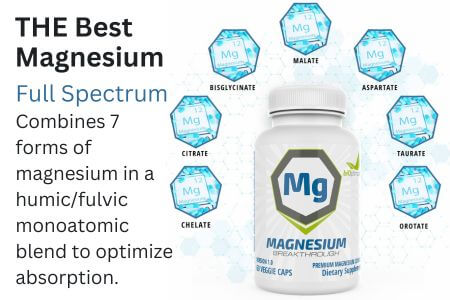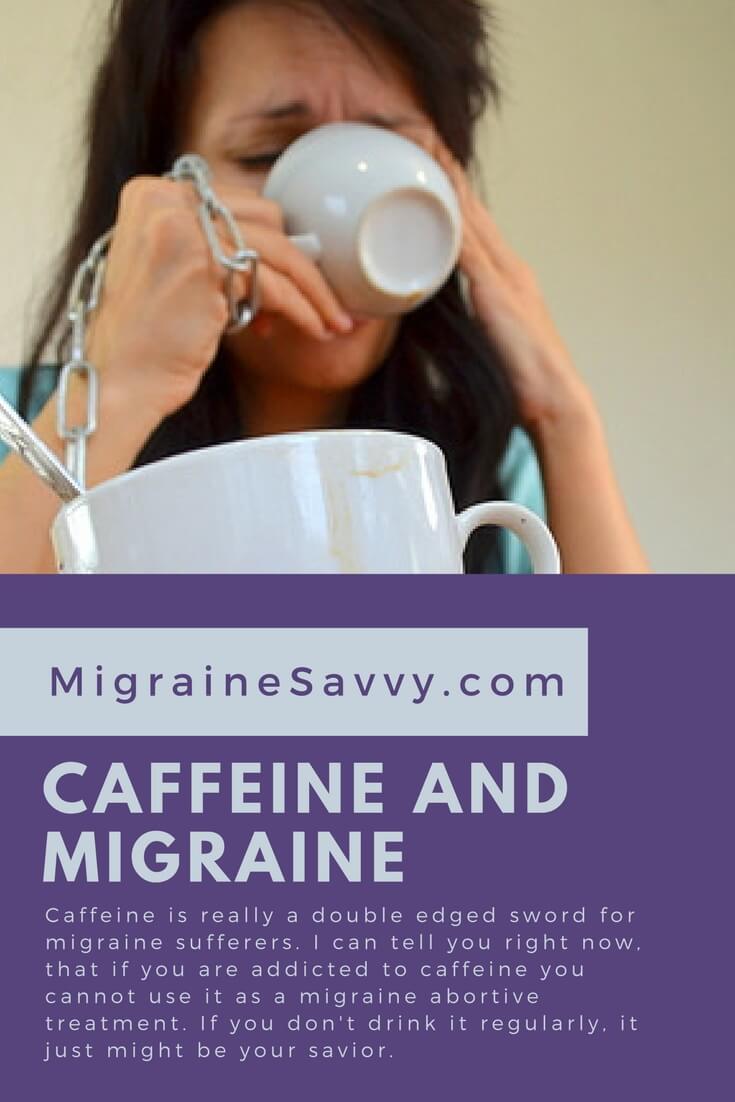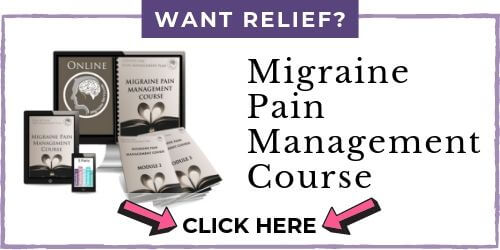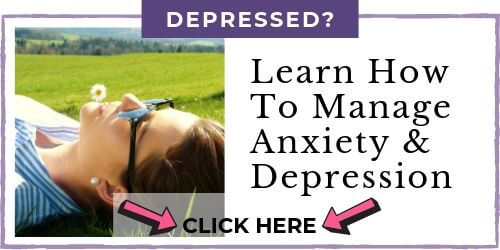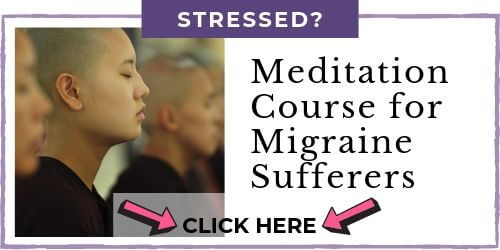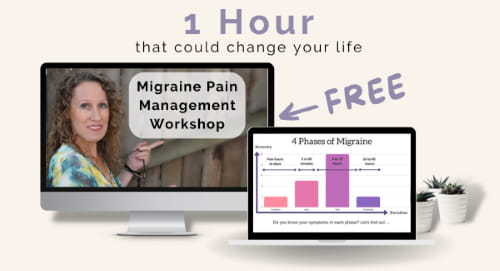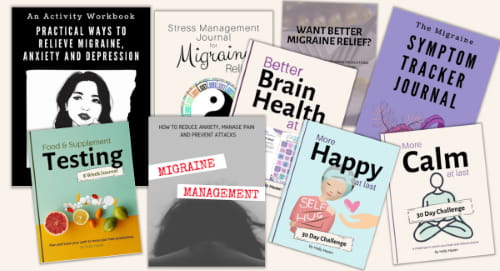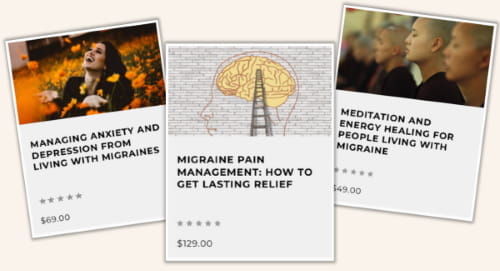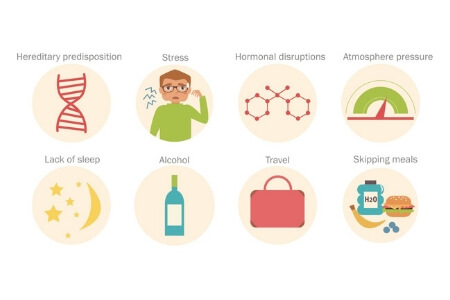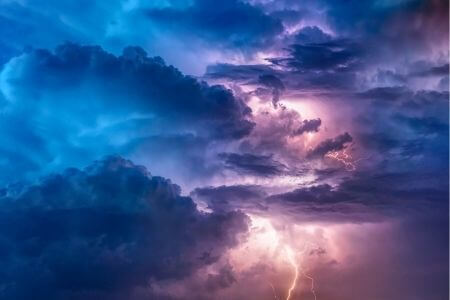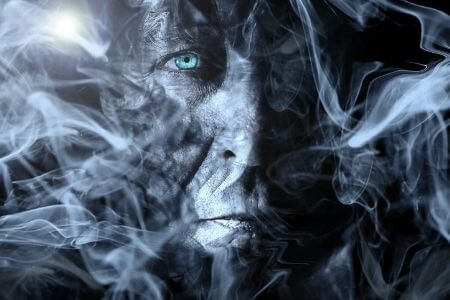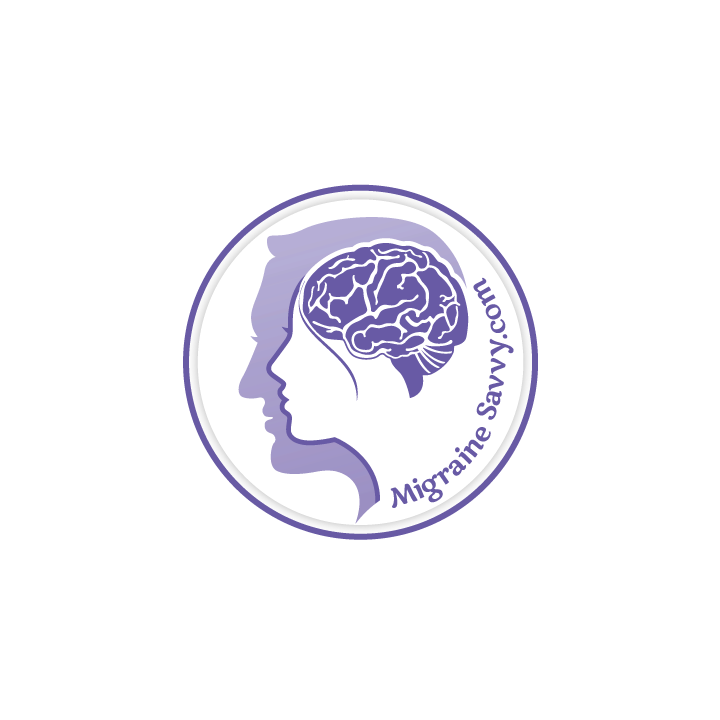Caffeine And Migraine - A Gift Or A Curse?
Do you have a love-hate relationship with caffeine and migraine attacks? As a migraine sufferer myself, I have used this treatment option on many occasions many years ago.
I effectively aborted a number of attacks, until I got addicted.
My #1 Choice in Magnesium Supplementation
I still recall the happy, energy filled mornings with my cup of coffee made from freshly ground organic coffee beans and pure spring water. Ahhhhhh ...
Fast forward to today, do you want the good news or the bad news about caffeine and migraine?
This is a controversial migraine treatment.
The experts are divided.
Let me tell you my story, what I think and then some of the useful facts from a number of studies to help you if and when you experiment with this as a treatment.
Caffeine and Migraine - A Double Edged Sword
Caffeine is really a double edged sword for migraine sufferers. I can tell you right at the start, that if you are addicted to caffeine you cannot use it as a migraine abortive treatment. If you do not drink it regularly, it just might be your savior.
I used it effectively for about four years before I got addicted. One or two short blacks would do the trick, until I could not start the day without one.
I still have a love affair with coffee.
I still love the smell of it in the mornings, but we divorced over 17 years ago.
Caffeine can be both a gift and a curse for us migraine sufferers desperate for pain relief.
"On the one had, some people find that caffeinated drinks help manage their migraines, probably owing to caffeine’s mild pain-relieving properties, because it may constrict blood vessels or because it increases the absorption of other pain medications they’ve taken" with it like aspirin or acetaminophen. (Rizzoli, 2011, p. 41).
Many migraine pain relievers contain caffeine: Cafergot®, Fiorinal®, and Excedrin® for these reasons. Millions of us start the day with a coffee; this may keep many headaches at bay.
Migraine medications containing caffeine are meant to be limited to two days per week, so confirm with your doctor about ingesting further caffeine in other products.
The bad news is that "caffeine can cause dehydration, which can lead to headaches", it is considered a diuretic. And if you have not eaten anything, as it also suppresses appetite, "once the stimulating effects of caffeine wear off, you can crash hard." (Rizzoli, 2011, pp. 181-183).
You may have discovered by now that quitting cold-turkey causes a withdrawal that can also result in an intense headache.
The Love-Hate Relationship With Caffeine
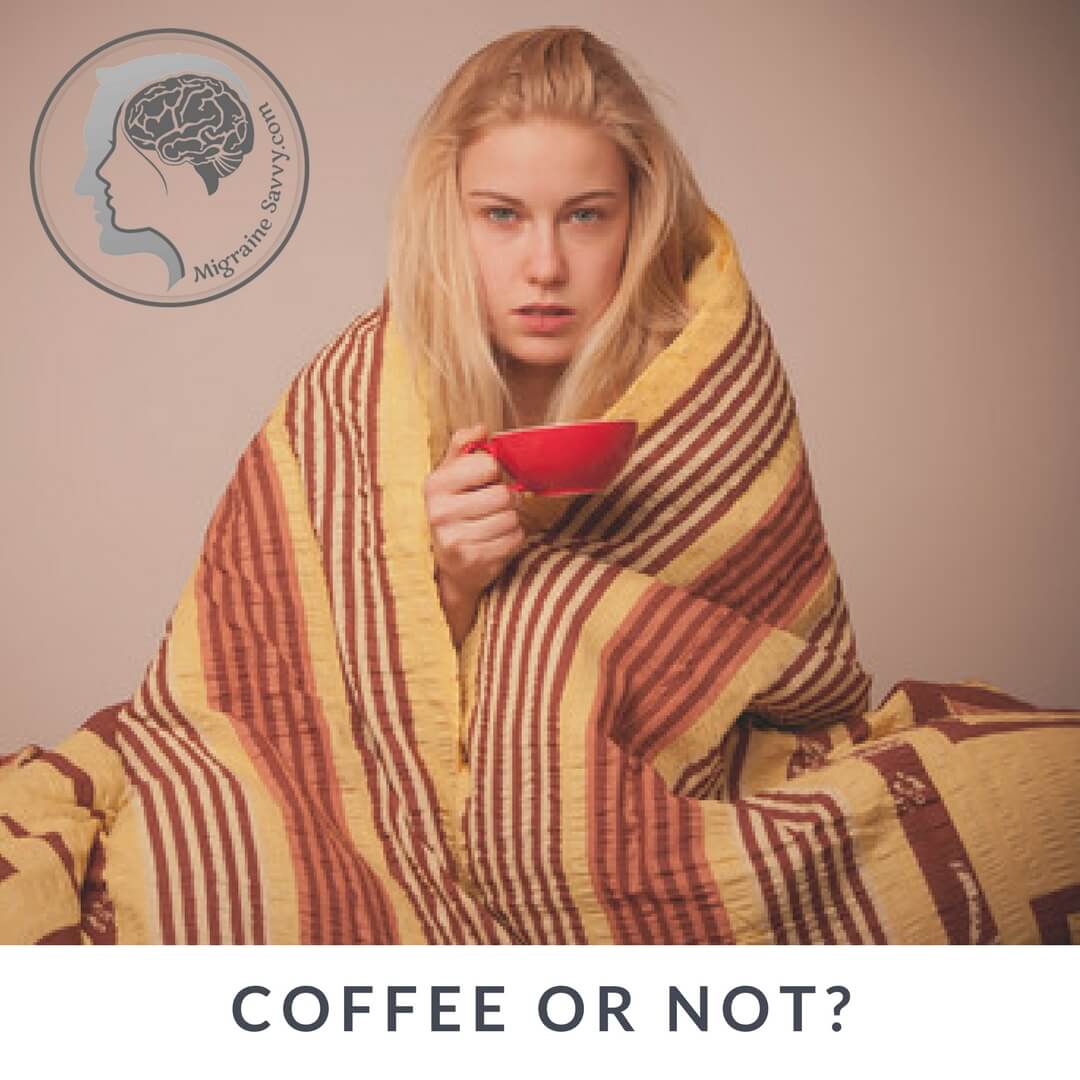
For many sufferers, the vasoconstrictor helps alleviate their migraine pain. For an equal number, the chemical is a major trigger. The relationship between caffeine and migraine is anything but straightforward.
For those of us caffeine addicts who discover that their daily cuppa is a migraine trigger, the problem of stopping caffeine becomes particularly tricky.
People who regularly consume large quantities of caffeine often experience withdrawal headaches if they do not get their regular java jolt.
If you are predisposed to migraines, the headache you will get if you cut off the caffeine supply is going to be a doozy. Many people think caffeine withdrawal alone can bring on a migraine.
Regular caffeine-aholics are advised to lower their caffeine intake slowly so they do not send their body into withdrawal. Wean off slowly. I used tablespoon by tablespoon to wean myself off caffeine. Paranoid, but it worked.
Caffeine shows up in many unexpected places, so migraineurs who are sensitive to it (not all are) need to be vigilant label readers. Everyone knows about beverages, things like coffee and colas. Caffeine is also found in many clear or fruit-flavored sodas.
Caffeine can be found in chocolate; the darker the chocolate the more caffeine it contains. As I have said, caffeine is in many over-the-counter analgesics, and they may not always be clearly labelled.
Migraine sufferers should be especially wary of caffeine in over-the-counter migraine formulas of regular medications.
"Migraine-susceptible patients should seriously consider limiting their daily intake to less than 200 mgs of caffeine a day, realizing that caffeine is also found in tea, cola, chocolate, and even some non-cola beverages. If you don’t drink anything with caffeine already, we recommend you don’t start." (Rizzoli, 2011, p. 181-183).
Medicine Overuse Studies
It seems that a number of studies have been done on medicine overuse, but I found none that have actually included caffeine alone. So I can’t actually provide you with any scientific facts.
What I can say from my research is that nobody knows what percentage of caffeine it will take to cause a migraine attack. It could be anywhere from zero to 100 percent, or any percentage in between.
I would imagine many of us go through the experience of the caffeine withdrawal headache on a weekend or on an occasion when we abstain from it. They can so closely resemble a migraine.
I have had both and it is really hard to tell the difference, or perhaps my withdrawal just caused a migraine in me because I am susceptible.
Regardless of what studies say, or don’t say, it is definitely a cheap, safe and effective treatment to try.
What To Do Now About Caffeine and Migraines
Sadly, avoiding caffeine is the advice of most experts, if you get regular headaches and migraines.
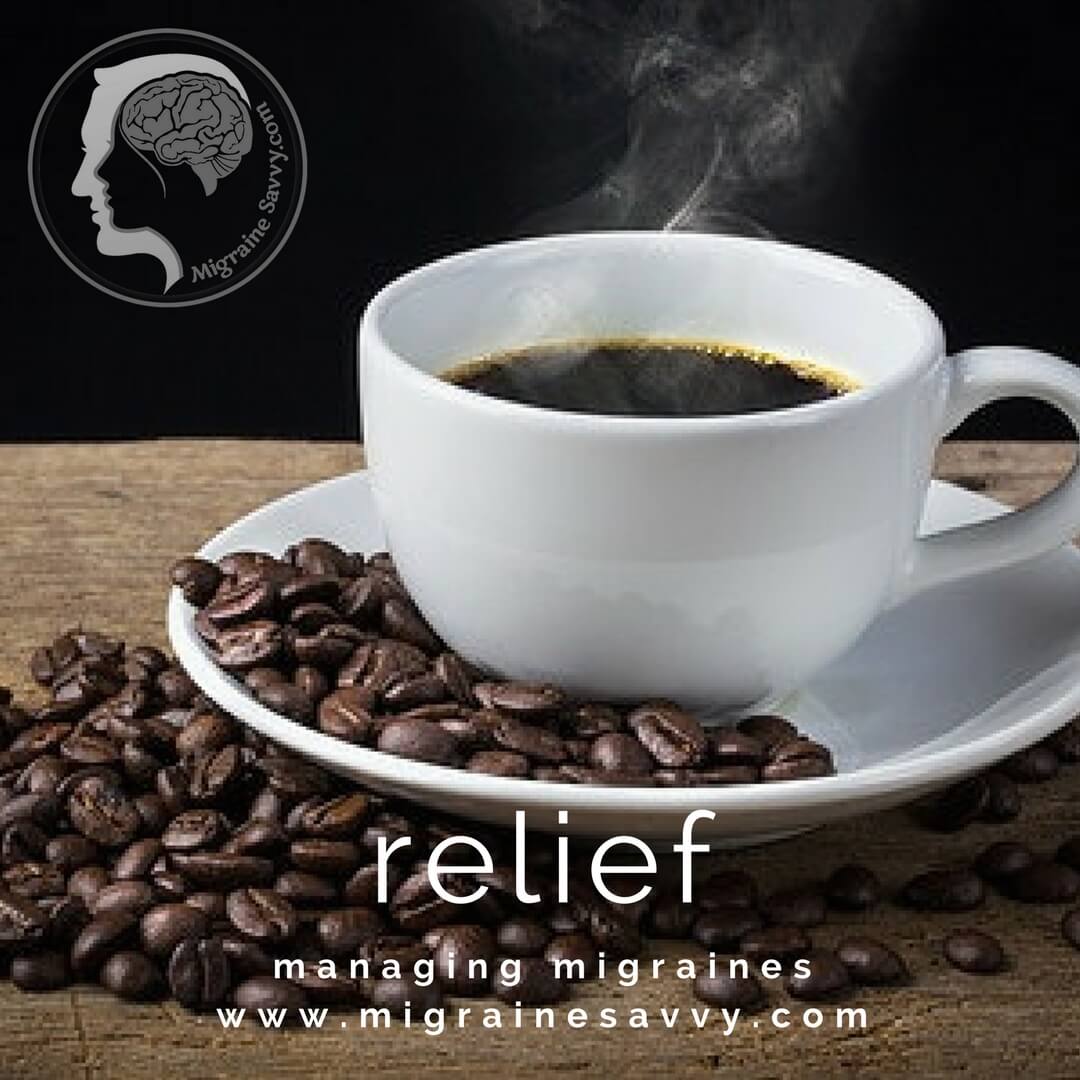
If you haven’t had any caffeine for two months and you are still getting migraines often, then you are probably not withdrawing from caffeine. This means you can use it as a treatment option.
Your physician can do a test, saliva or other bodily fluids, to test your levels, to confirm that you are indeed not ingesting any caffeine.
Some ingredients may be getting past you. So don’t give up on this approach if you are not a coffee addict.
If you are getting caffeine from some source, and you want to use this as an effective treatment option, work through it with your doctor to try to identify the source.
If You Are A Caffeine Addict
If you are getting lots of migraines, and have caffeine products regularly, wean yourself off and avoid it completely for 2 months. This can be the hard part of caffeine and migraines because the withdrawal can be brutal.
Keep a migraine diary and if your migraines reduce or stop you will know that caffeine is a migraine trigger for you.
Remove caffeine from your diet completely and live a migraine free life.
YAY!
If You Are Not
If you are caffeine free now stay that way, so that when you want to use it for a migraine attack it will be more effective.
I found it a great help when there were no pain abortives I could take. It might be a good option for you, so persevere.
Like I said 2 short blacks, caffeine and migraine, in case of emergency. Anywhere, anytime.
Finding What Works
Timing is crucial to aborting a migraine. You have to act fast - as soon as you feel your earliest warning sign. So if you have to say no to caffeine and migraine, try these:
- Use Ice packs for migraine relief - they work best to reduce the attack right at the onset
- Read How to Treat a Migraine with Ice and Heat
- Enroll for free in my Migraine Pain Management Course to learn more about timing and everything you need to know to survive migraines long term
Experts say combined therapy with the right medications is your best option for aborting an attack.
If you are still struggling please check out my course, you will benefit from learning some new coping skills. I also have an eBook to help you deal with stress.
It helps your mind make sense of things when you feel understood... and other migraine sufferers... we truly understand each other.
P.S. You might like to read this study...
The Ambiguous Role of Caffeine in Migraine Headache From Trigger to Treatment.
Magdalena Nowaczewska, Michal Wicinski and Wojciech Kazmierczak. Nutrients 2020, 12, 2259.
Ready to take the next step?
Choose the next step that fits where you are right now.
MIGRAINE TRIGGERS Related Articles
Caffeine and Migraine References:
1. Rizzoli, P MD, Loder E., MD and Neporent L. (2011) The Migraine Solution: A Complete Guide to Diagnosis, Treatment and Pain Management. St. Martins Press: NY. (pp.181-183).
